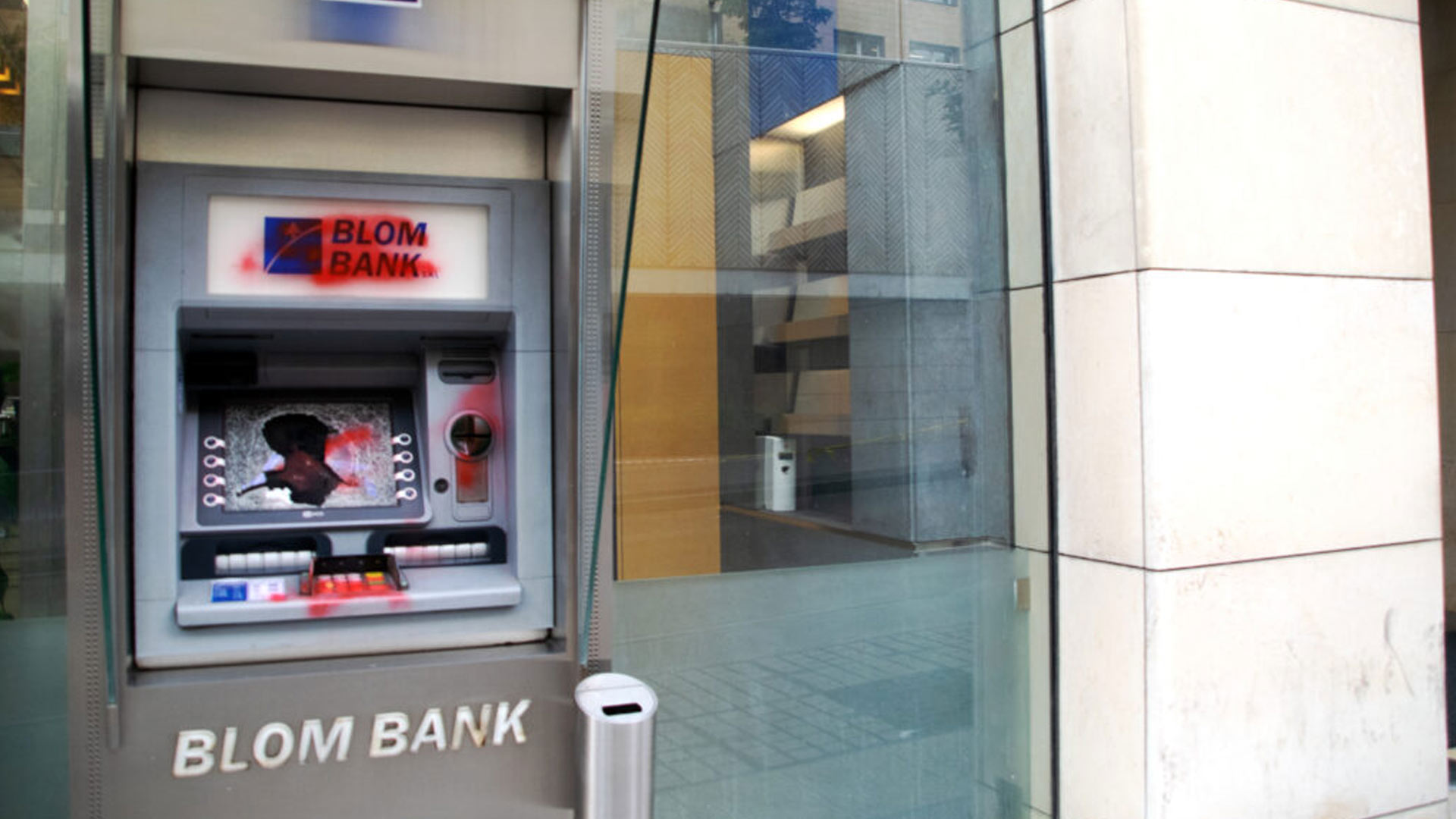The US has long used its superpower status to shield Israel from accountability, blocking efforts to prosecute its officials for international law violations. This policy is evident in diplomatic manoeuvres, legislative measures, and direct interventions against judicial mechanisms.
By reimposing sanctions on International Criminal Court (ICC) personnel, US President Donald Trump reinforced Washington’s opposition to the court—timed strategically with Israeli Prime Minister Netanyahu’s visit. This was not an isolated act but a clear signal that any attempt to hold Israeli officials accountable would face punitive measures.
Many in Lebanon would like to see Israel accountable for its violations of international law during the recent armed conflict. Paramount among efforts to achieve this has been a push to have Lebanon accede to the International Criminal Court (ICC) to allow it to investigate these crimes and try those responsible.
Lebanese leaders’ own anxiety about coming under the court’s jurisdiction helped derail a previous accession attempt last year. Even if this domestic impasse is overcome, however, another massive roadblock will loom: Washington. US military and humanitarian assistance has been critical for maintaining internal stability in Lebanon since the 2019 financial collapse. At the same time, Washington has a history of leveraging aid to influence policy, particularly when it comes to shielding its key ally, Israel.
Against this backdrop, President Joseph Aoun’s inaugural promise to uphold the rule of law and protect Lebanese rights demands scrutiny. Can this commitment extend to pursuing justice for Israeli crimes on Lebanese soil, and at what cost?
Washington’s Shield for Israeli Crimes
The United States has for decades leveraged its position as a global superpower to clear the way for Israel to act with impunity and to avoid international accountability itself. This includes Washington vetoing 49 United Nations Security Council (UNSC) resolutions regarding Israel since 1970. Washington has also worked to undermine international judicial mechanisms when it has seen them as working against its interests, with the ICC drawing particular ire since its creation in 2002.
While the highest UN judicial body, the International Court of Justice, hears cases between states, the ICC was created independently from the UN to try individuals for the “most serious crimes of global concern,” including genocide, crimes against humanity, and war crimes. The Rome Statute creating the ICC has today 125 signatory nations.
Neither the US nor Israel are party to the statute, and since the court’s inception every US administration, whether Democratic and Republican, has sought to subvert it. For instance, in response to the ICC, President George W. Bush enacted the American Service-Members’ Protection Act (ASMP) in 2002. Informally dubbed the “The Hague Invasion Act,” among other clauses it authorized military action against the ICC if it attempted to prosecute US personnel or those of an “allied” country, such as Israel.
The Obama administration openly opposed the Goldstone Report, the UN fact-finding mission on the 2008-09 Israeli assault on Gaza that accused both the Israeli army and Palestinian militant groups of war crimes. His administration then sought to block Palestine from gaining UN state recognition in 2012 – a necessary step for Palestine to join the Rome Statute three years later.
President Donald Trump further entrenched US hostility towards the ICC by imposing sanctions on it in 2020 and threatening “any means necessary” against the court to protect US interests. President Joe Biden, while lifting some of Trump’s sanctions, offered Israel unfettered military and diplomatic support during the Gaza genocide and condemned the ICC prosecutor for issuing arrest warrants against Israel’s prime minister and defense minister last year. Indeed, the warrants spurred bipartisan outrage throughout Washington, epitomized by Republican Senator Tom Cotton, who called the ICC a “kangaroo court”, its prosecutor a “deranged fanatic”, and invoked The Hague Invasion Act to protect Israeli officials.



